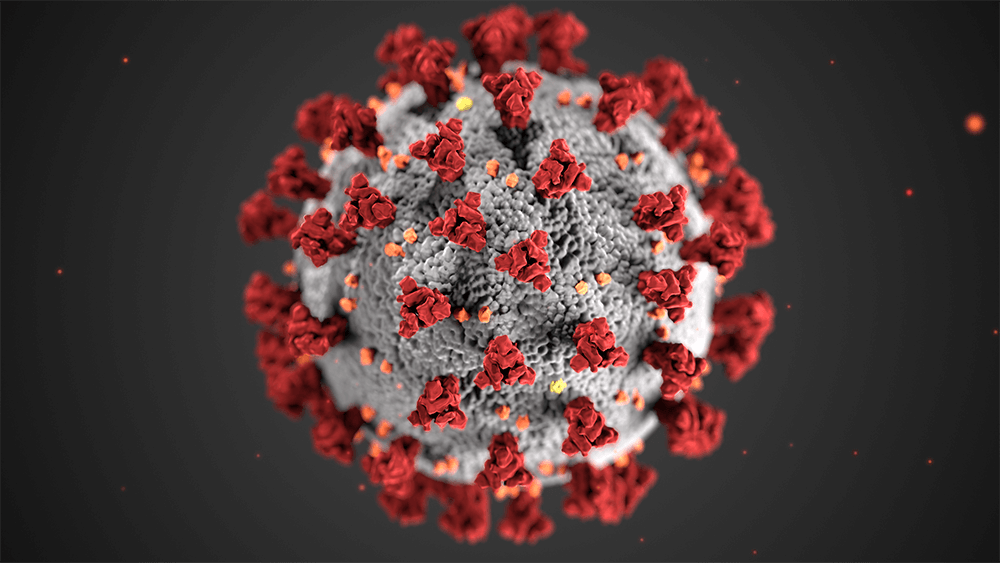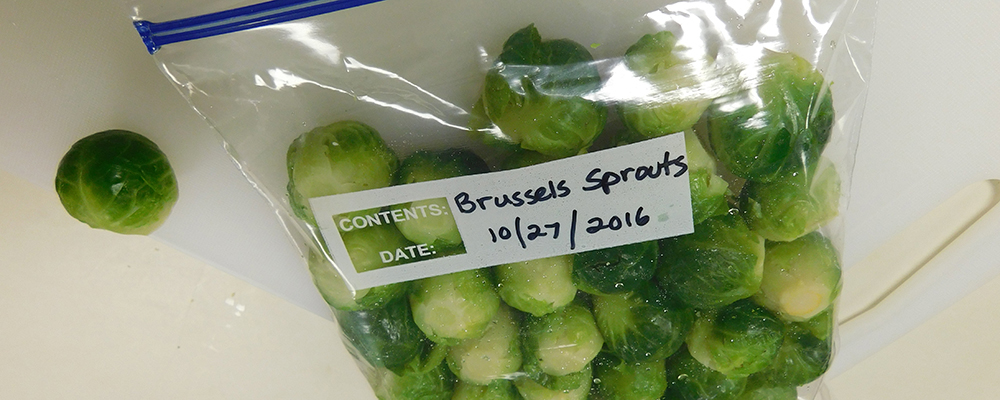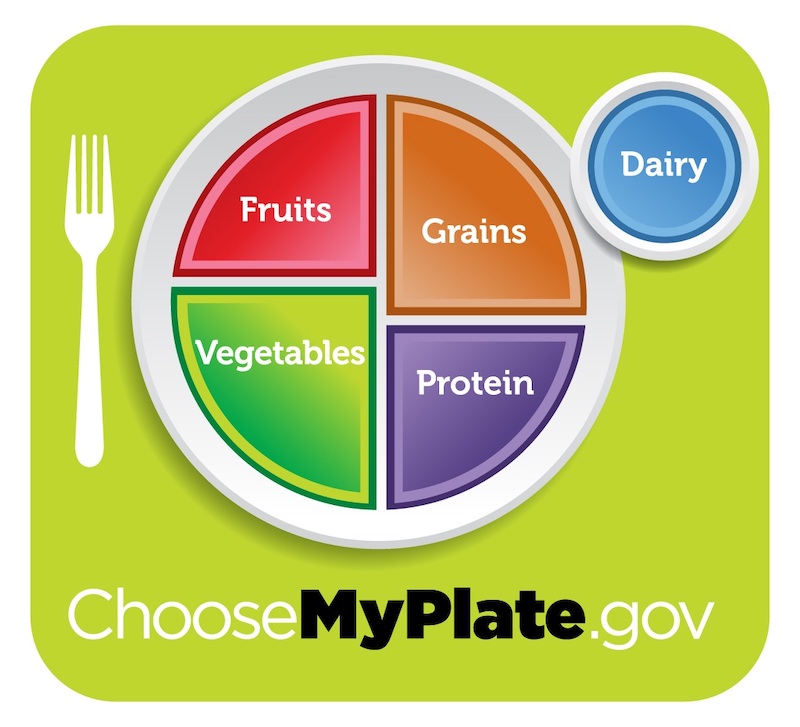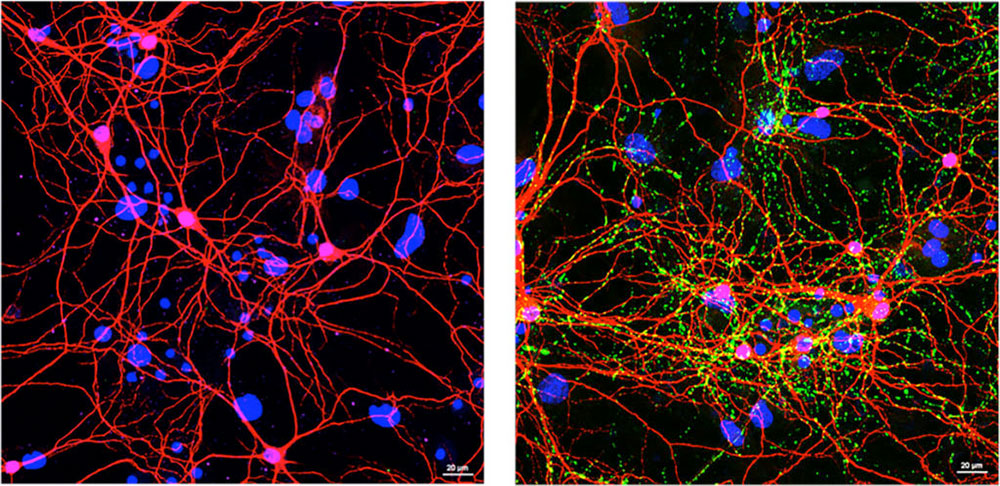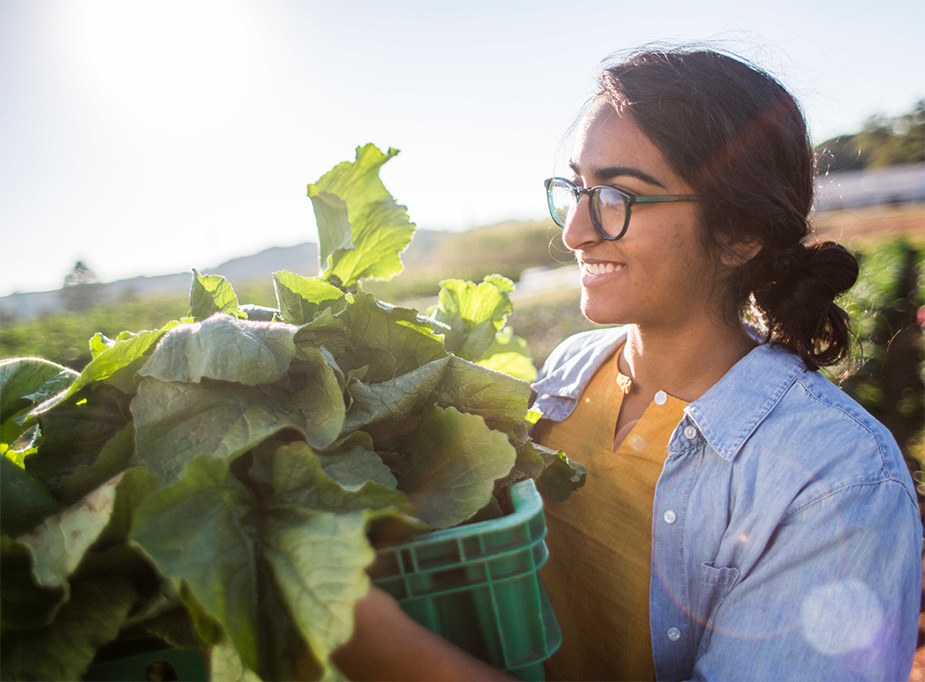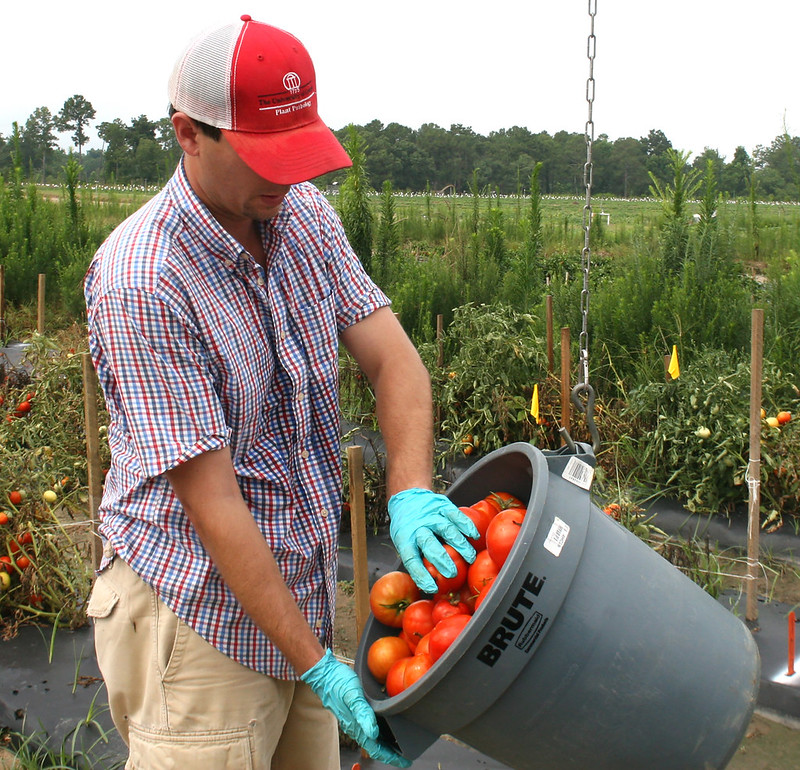 CAES News
CAES News
COVID-10 Ag Safety
Farmers and food processors take routine steps to reduce the likelihood of foodborne pathogens, like Salmonella and E. coli, contacting our food and causing illness. The procedures that our food industry takes on a daily basis are also effective in reducing the chances that the coronavirus responsible for COVID-19 will come in contact with the food we eat.

